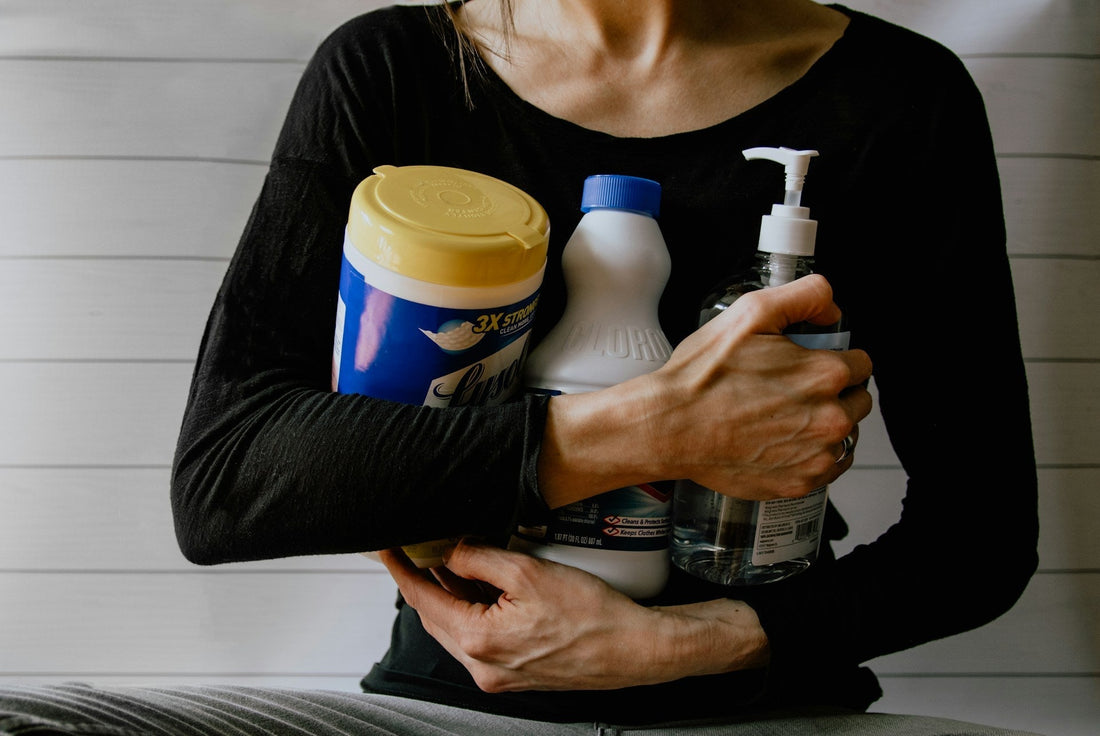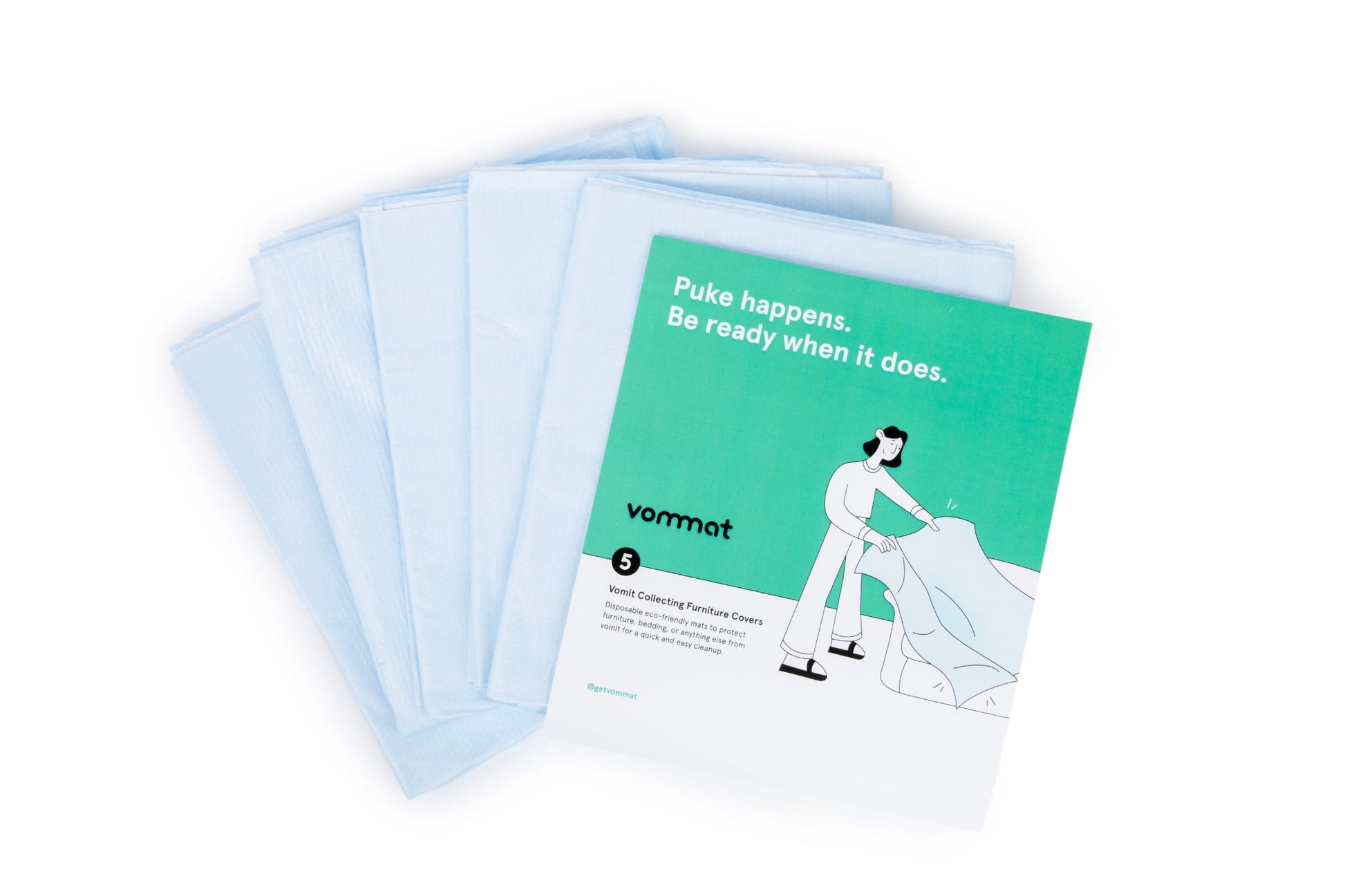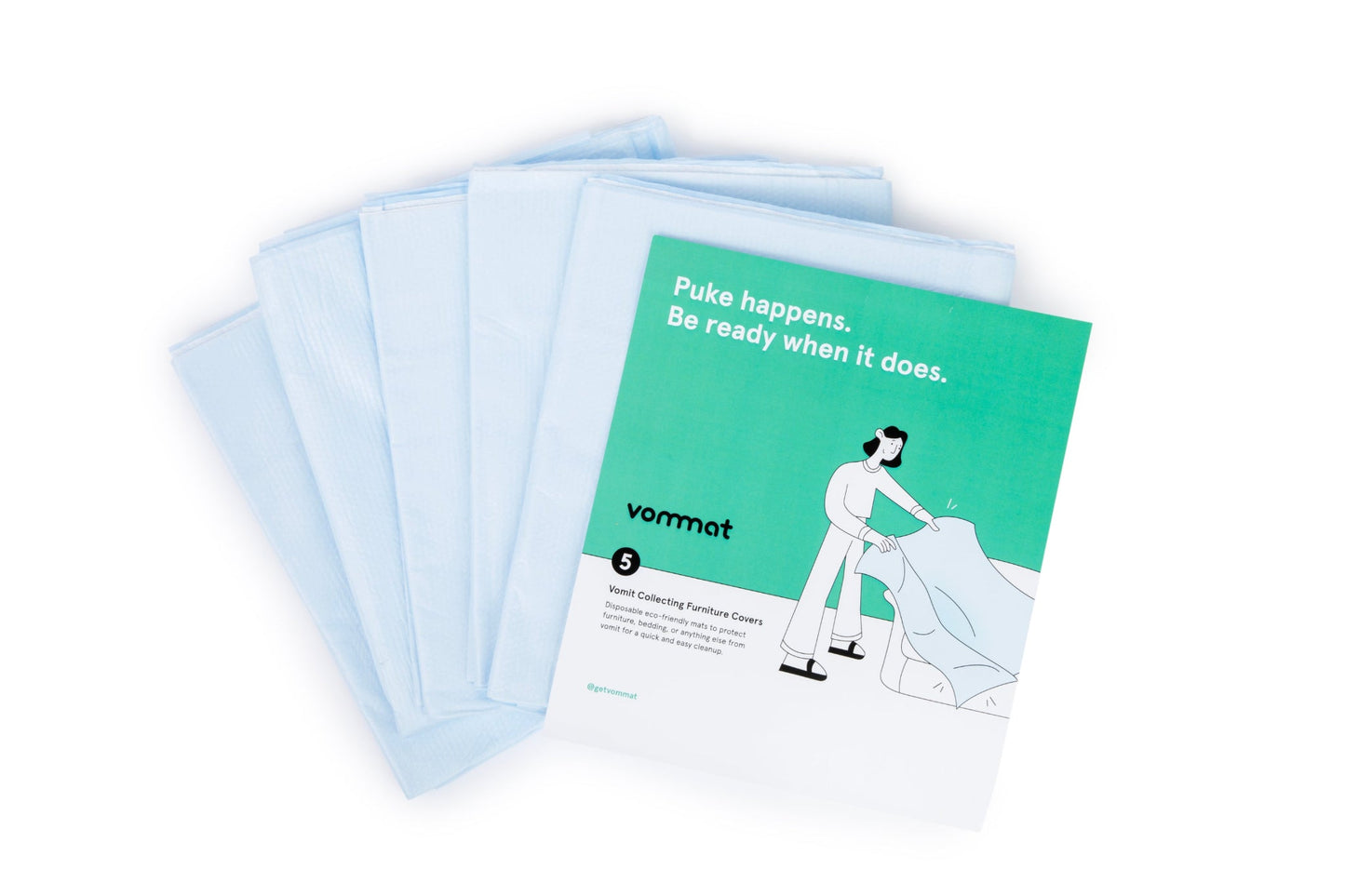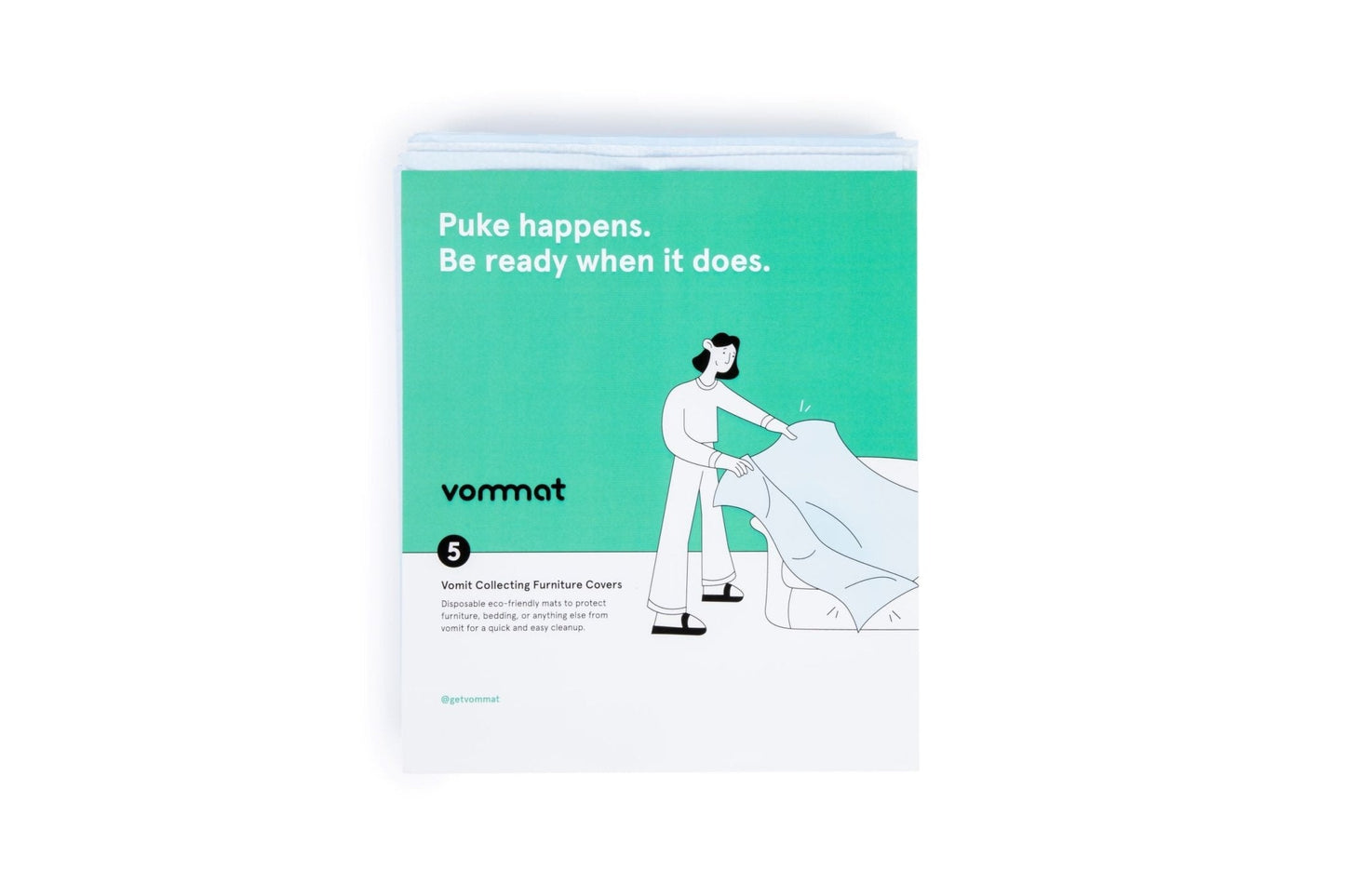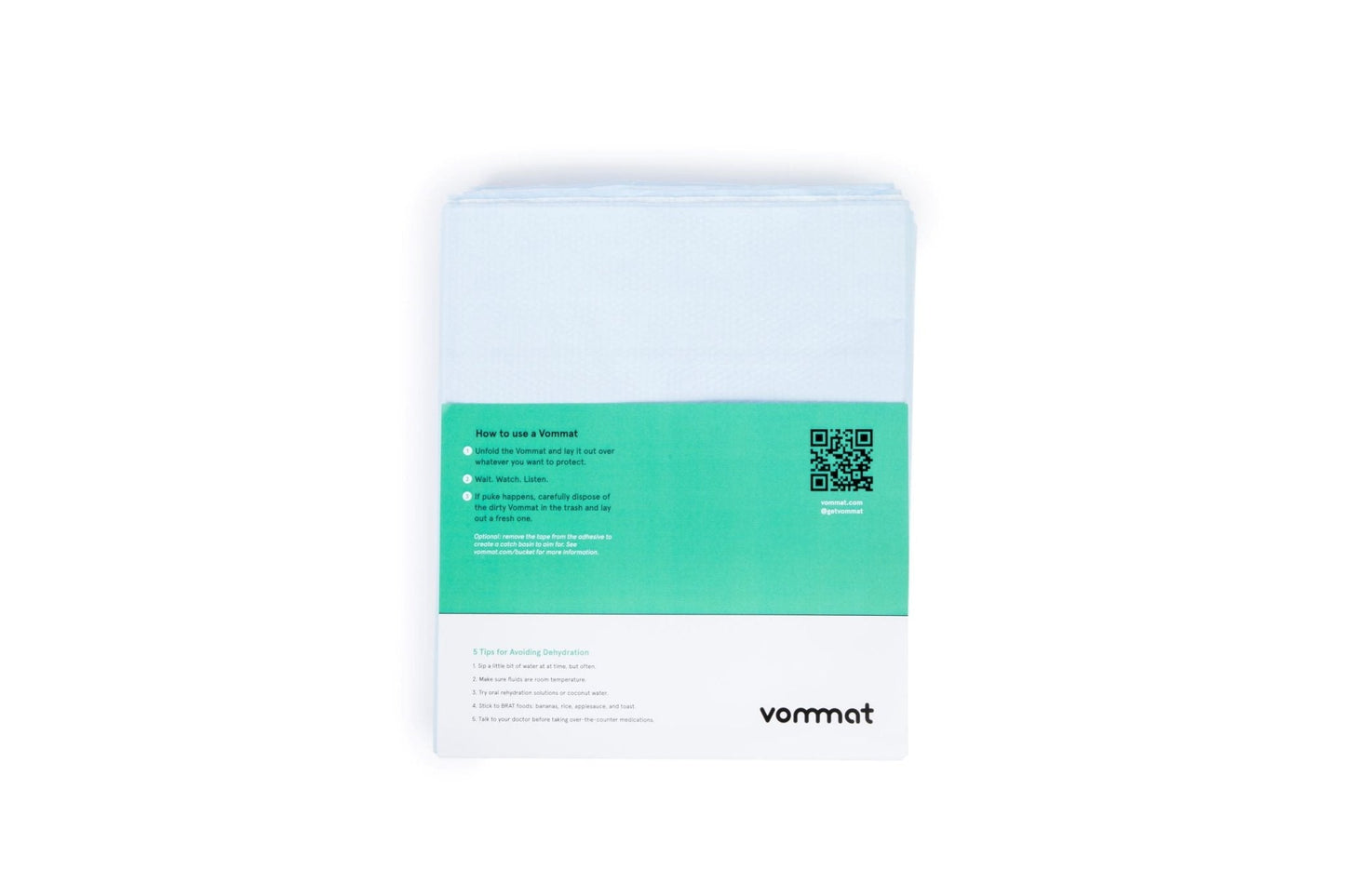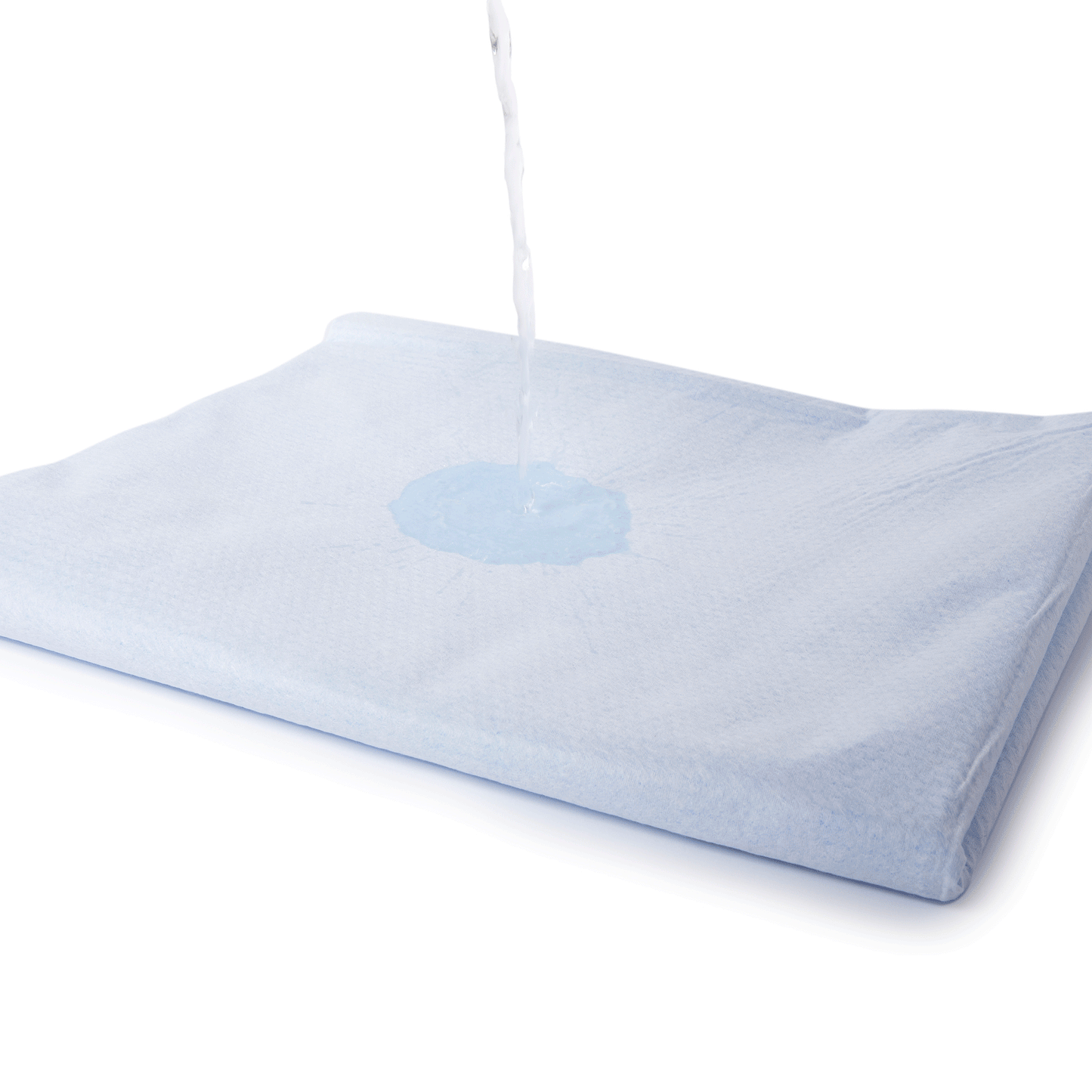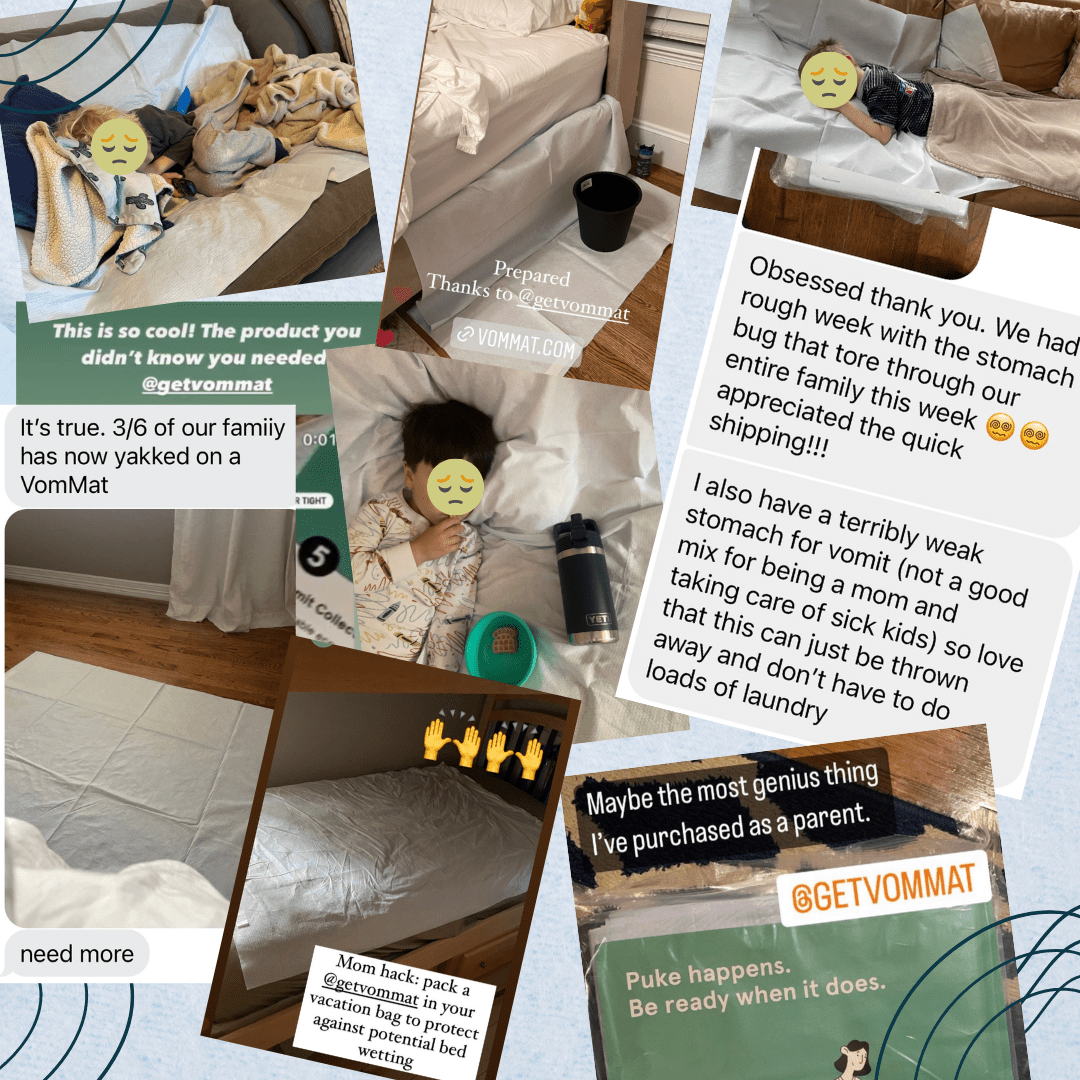As any parent of young children knows, one of the worst parts of a stomach bug in your home is the fear that it will spread to others. These bugs can spread quickly through a household - we once had three kids, one parent and two grandparents get taken out like dominoes in the matter of 2 days - just brutal (but also, how did my husband remain unscathed?!). So when your little one comes down with a stomach virus, it’s not just about managing symptoms—it’s also about knowing how long the virus remains contagious and how to protect your family... how long until we are out of the woods?
Stomach bugs, often caused by viral infections, are a significant source of stress for parents. Understanding how long these viruses are contagious can help you limit exposure and protect the rest of the family from falling ill.
What Causes a Stomach Bug?
The term "stomach bug" typically refers to viral gastroenteritis, which is inflammation of the stomach and intestines. The most common viruses that cause these infections are:
- Norovirus (the leading cause of stomach bugs in adults and children)
- Rotavirus (common in young children, though vaccination has reduced cases in many countries)
- Astrovirus and adenovirus are also causes of viral gastroenteritis, but less frequently.
These viruses are highly contagious and spread through contaminated food, water, or surfaces, and by person-to-person contact. Since kids contact EVERYTHING, it's easy for them to get hit.
How Long Is a Stomach Bug Contagious?
The tough thing here is the contagious period for a stomach bug varies depending on the virus causing the illness. Most likely, you don't know which specific virus you're dealing with but here’s a breakdown of some common viruses and their contagious periods:
-
Norovirus
According to the Centers for Disease Control and Prevention (CDC), norovirus is most contagious when a person is actively vomiting or experiencing diarrhea. People infected with norovirus are contagious from the moment they begin feeling ill, and can continue to spread the virus for up to 48 hours after symptoms stop. However, viral particles can still be found in the stool for up to two weeks after symptoms resolve. YIKES. -
Rotavirus
The CDC also provides guidance on rotavirus. Children with rotavirus are contagious from the onset of symptoms and can remain contagious for up to 10 days after symptoms resolve, primarily through stool. This makes hygiene practices especially important in preventing the spread in childcare settings and at home. -
Adenovirus and Astrovirus
Infections caused by adenovirus and astrovirus can also be contagious for up to 10 days, though adenovirus can linger longer, depending on the strain.
How Can You Prevent the Spread of a Stomach Bug?
While stomach bugs are highly contagious, there are practical steps you can take to reduce the spread, especially when you’re caring for young children.
-
Good Hygiene: Regular handwashing is one of the most effective ways to prevent the spread of stomach bugs. According to the CDC, wash hands thoroughly with soap and water for at least 20 seconds, especially after using the bathroom, changing diapers, or before preparing food.
-
Disinfect Surfaces: Use a bleach-based or disinfectant solution on commonly touched surfaces, such as doorknobs, light switches, and toys. Viruses like norovirus can live on surfaces for several days, making it crucial to keep things clean and your basic antibacterial wipes won't kill it which sucks. (Healthcare grade ones do but check the label to see if it's on the list).
-
Avoid Sharing: If one child is sick, try to prevent others from sharing food, drinks, or towels to reduce the chance of transmission.
-
Stay Home When Sick: Keeping sick children at home is important, as sending them to school or daycare can quickly lead to an outbreak. The American Academy of Pediatrics (AAP) recommends keeping children home until at least 24 hours after they stop having symptoms like vomiting or diarrhea.
How Vommat Can Help Parents Manage Stomach Bug Messes
While cleaning up after a stomach bug isn’t pleasant, Vommat can help reduce the stress of dealing with the vom. Vommat’s eco-friendly, highly absorbent disposable sheets provide a quick solution to protect your furniture and bedding from messes, making cleanup easier and less stressful for parents during these challenging times.
Made of sustainable materials, Vommats are soft to lay on, highly absorbent, and absolutely watertight. They also offer 16 sq ft of coverage - so you can lay them out over a chair, couch, rug, or bed - wherever your sick child feels like lounging. I have a kid that always wants to lay on the floor when they're sick - OK baby you do you. Regardless of where they lay, the Vommat will protect whatever it covers and help to contain the mess and germs for a quick and easy disposal.
When you're less worried about where your kid will yak, you can focus more on comfort and care. That's a win!
You Can Do It!
Stomach bugs are an unfortunate part of life, especially for parents with young children. While it’s difficult to avoid them completely, understanding how long these viruses are contagious can help you take the necessary steps to limit the spread and protect your family. With good hygiene practices, careful monitoring, and the right tools like Vommat, you can minimize the impact of stomach bugs on your home and keep your focus on caring for your loved ones.
For more information on stomach bugs and how to prevent them, visit the CDC's website.
Featured image by Kelly Sikkema on Unsplash.

